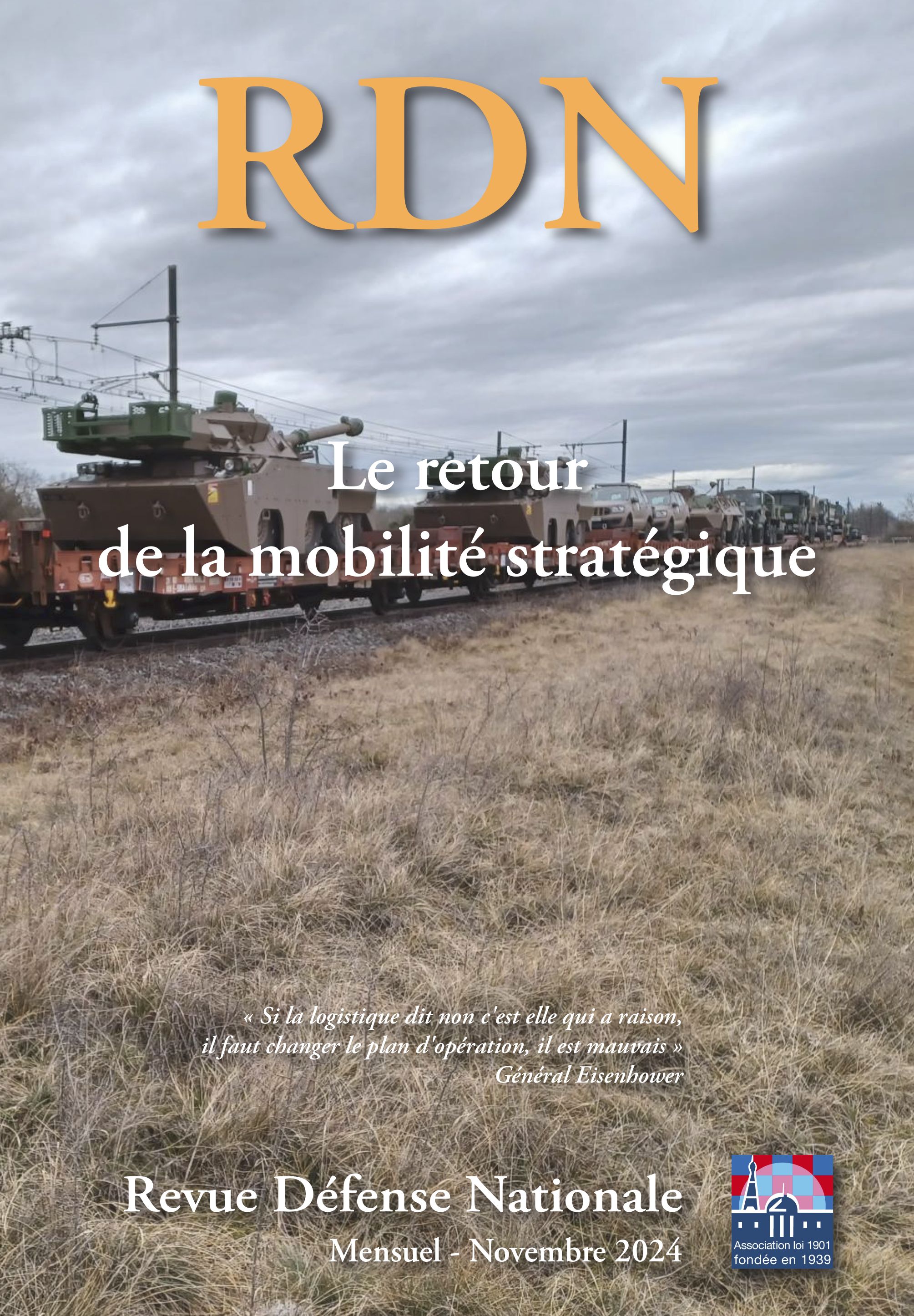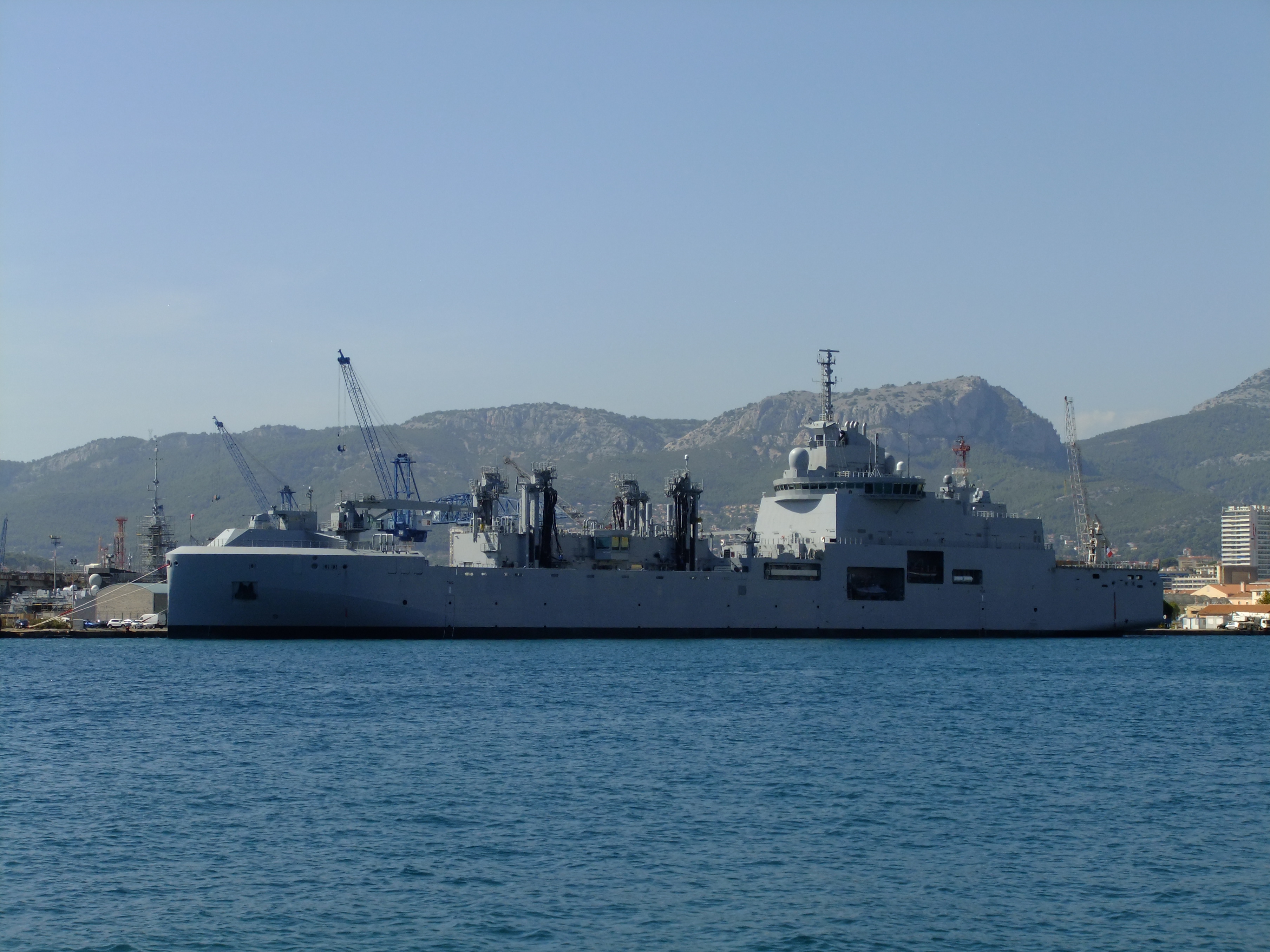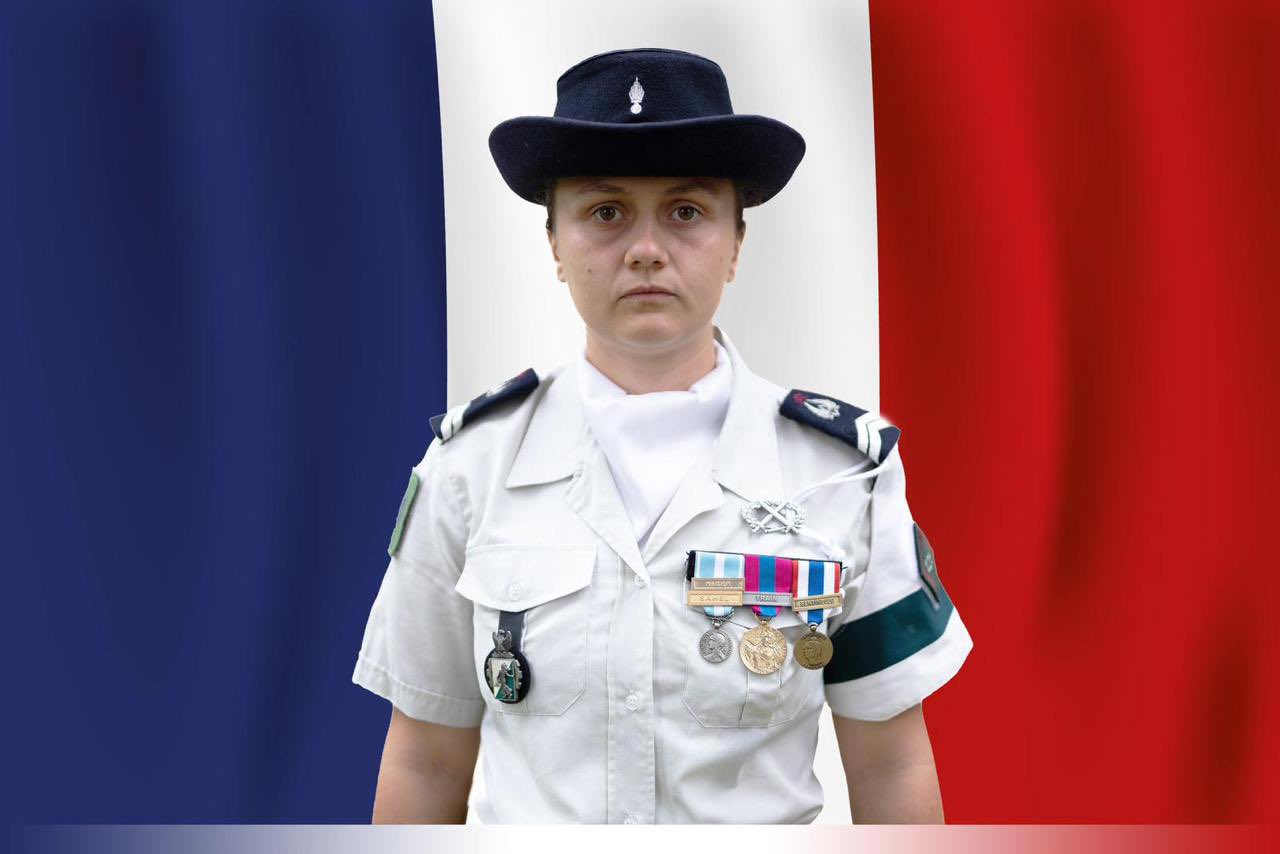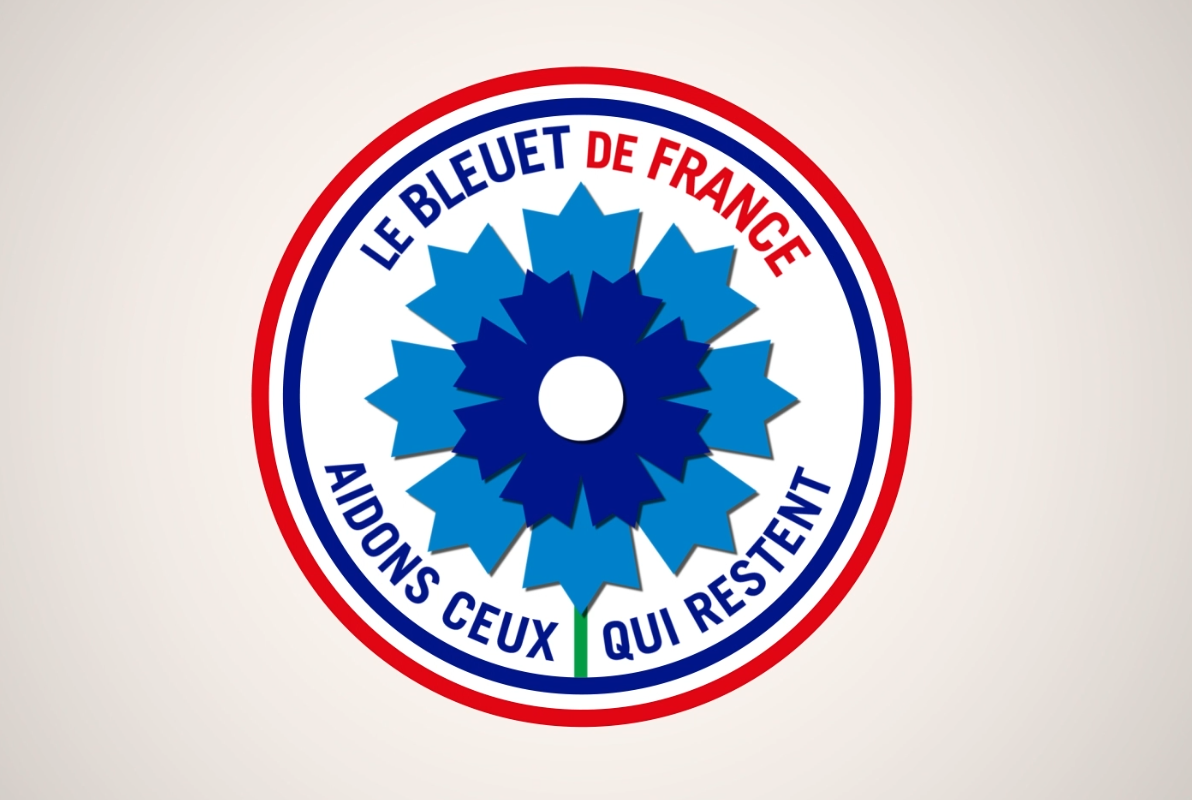Logique historiquement, naturelle géographiquement, décisive opérationnelle, l’alliance géostratégique entre riverains de l’Atlantique Nord fut contractée pour faire pièce à l’expansionnisme soviétique. Depuis lors, l’Otan, vit au rythme de ses membres et évolue avec eux à la demande, mais sans réelle intégration institutionnelle. Le prochain sommet de Riga va poursuivre cette adaptation aux nécessités stratégiques du temps présent alors qu’une rupture s’imposerait sans doute.
C’est le véritable objet de cette réflexion composée à deux voix, américaine et française, reflet du dialogue que peuvent – et doivent – entretenir Nord-Américains et Européens pour adapter l’Alliance atlantique, leur alliance, aux réalités stratégiques du monde du XXIe siècle. Cette Alliance perdurera si ses membres savent agir en vrais partenaires partout où leurs analyses convergent, et s’ils apprennent à mieux réguler leurs interactions partout où leurs intérêts et leurs priorités divergent.
Transatlantic dialogue
Given the threat of Soviet expansionism at the time, the geostrategic alliance formed by North Atlantic countries was historically logical, geographically natural and operationally decisive. Its intergovernmental body (NATO), therefore, has been coexisting and evolving with its members, who have always preferred ad hoc adaptation to institutional integration. The upcoming Riga summit will most likely continue this tradition of adaptation to the current strategic requirements, although a break from past practices remains necessary. This article reflects this very point. As the work of two authors, one French and the other American, it highlights the sort of dialogue that North Americans and Europeans could–and should–hold if they hope to adapt their alliance to the strategic realities of the twenty-first century. The Alliance will have a future provided its members continue to work in partnership whenever their interests and approaches converge, and if they interact more effectively whenever their interests and priorities diverge.








